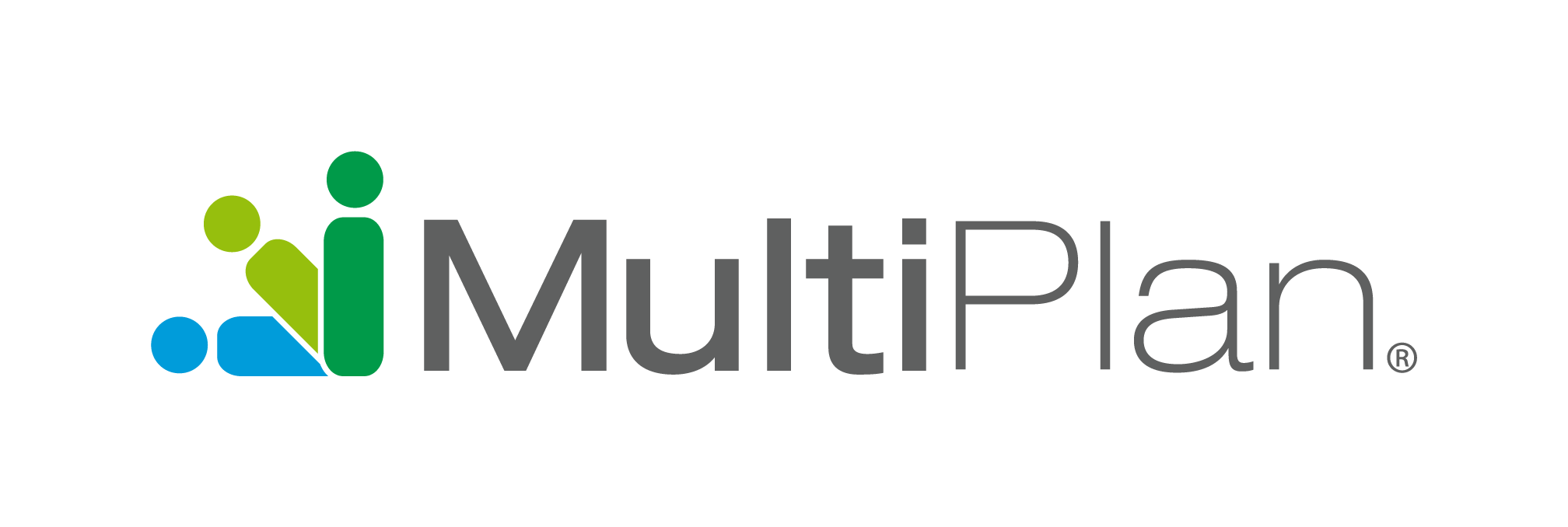In the property and casualty world, out-of-network medical bills are a large portion of all new bills. As an example, in Texas, out-of-network bills represented 53% of new workers’ compensation medical bills in 2022, according to the 2022 Workers’ Compensation Network Report Card, published by the Texas Department of Insurance, Division of Workers’ Compensation.
As anyone who follows the industry knows, and as the same Texas study concludes, this is problematic because networks are generally more cost-efficient, and can facilitate better return to work and functional outcomes for injured workers.
Despite these obvious advantages, many states prohibit employers from directing injured workers to in-network providers. And even in states like Texas and California that do allow employers to direct employees to provider networks for a period of time and under certain circumstances, out-of-network bills are still a big driver of medical costs. In Texas, the 2022 Workers’ Compensation Network Report Card shows, per-claim medical costs for non-network bills were about 12% higher 18 months after injury than costs for network bills.
Top five considerations for property and casualty payors
Given this situation, property and casualty payors must take care in choosing an out-of-network solution. Here are our top five considerations when choosing an out-of-network solution for your workers’ compensation or auto medical bills.
1. Does the solution enhance traditional workers’ compensation and auto medical bill review processes?
Many managed care companies rely solely on bill review to reprice medical bills to a Usual & Customary rate or a state-mandated fee schedule. Our services can enhance traditional bill review processes in order to capture more savings, without disruptions. MultiPlan takes a multilayered approach to out-of-network property and casualty bills. This approach includes:
- Data iSight, an alternative to Usual & Customary or Medicare-based repricing methodologies
- Advanced Code Editing, designed to enhance traditional bill review processes with advanced analytics, physician-developed code rules and expert clinical reviews
- Negotiation Services, which secure signed agreements with providers
2. Is the repricing based on apples-to-apples comparisons?
In our experience, providers often object to Usual & Customary or Medicare-based pricing methodologies, saying the resulting reductions don’t allow them to make a profit. They may say that a procedure costs more at their facility because they operate in a rural area. Or they may say their costs are higher because they train physicians. MultiPlan limits these objections by using data from similar facilities, bills or professionals. This results in 89%-98% of providers accepting our reductions. Better still, savings typically ring up to 73% off billed charges. In 2022 in states without a state fee schedule (Missouri and New Hampshire) and for certain bill types (New Jersey and Arizona), Data iSight achieved $119,442,538 in savings below the bill review repriced amount. The bill review repriced amount includes both Usual and Customary and fee schedule repricing.
3. Is it backed by data?
Providers may not accept repriced bills if they do not understand how the amounts were calculated. That is why managed care services companies should not operate in a “black box” pricing mode, as many do. Instead, a vendor must be able to explain their pricing methodology, citing the data used to develop their repricing rules. MultiPlan uses a database of over 1 billion paid Health Care Finance Administration (HCFA) bill lines. We also use publicly available sources for facility data.
4. Is the solution informed by clinical expertise?
When choosing an out-of-network repricing solution, you should ask whether physicians participated in the development of the solution. Do they intervene, when necessary, in validating any repricing findings? MultiPlan relied on the expertise of physicians when developing our Advanced Code Editing solution’s rules, or “factors,” which power our analytics. In addition, board-certified physicians or expert coders review findings, when necessary.
5. What happens if a provider objects to a repriced bill?
With even the best repricing solutions, there will be times when a provider will object to a repriced bill. You should ask your vendor what happens in these instances. Does the vendor have a team that can jump into action? MultiPlan’s reference-based pricing and negotiation service teams have over 400 negotiators, clinicians and support staff. They secure 31% to 37% average savings below bill review, depending on the bill type.
With these five questions answered, you should be well on your way to finding the right out-of-network solution for your workers’ compensation or auto medical bills.

